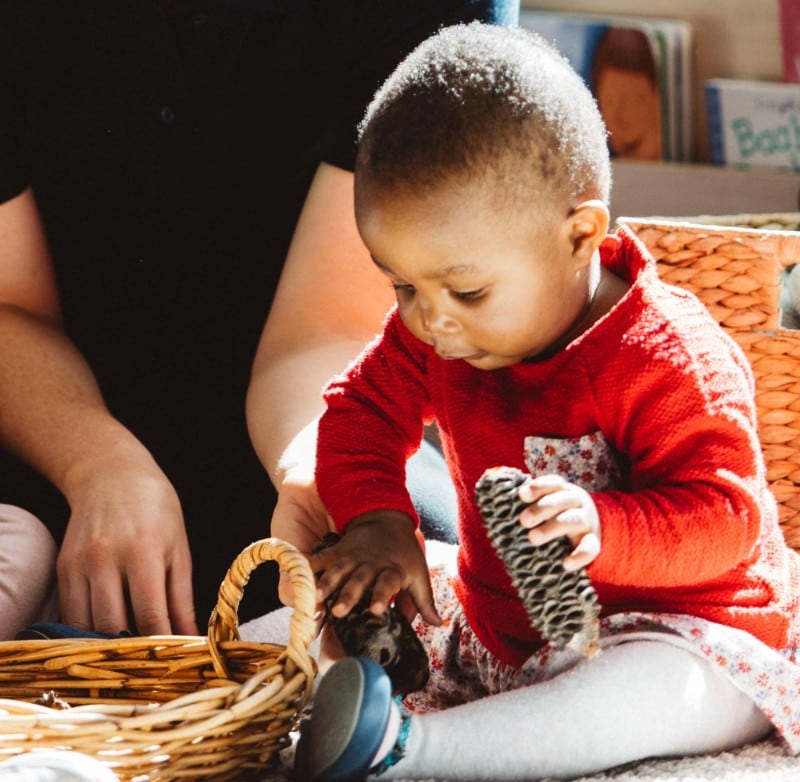
We are living in a world where we are regularly being bombarded with negative images of our impact on our planet, of plastics in the ocean and of forests being destroyed. Our society is becoming more urbanised with an increase in the number of families living in apartments. Children are given more low-quality plastic toys and have increased access to technology at a younger age. All this is leading to children losing their connection to nature.
Experts are becoming more concerned about the disconnection between children and their natural world, the increase in technology leading to more sedentary play and children’s inability to engage in risky unstructured outdoor play.
When children are given the opportunity to experience their natural world they gain the opportunity to build respect for it and value it, growing into citizen’s who care for their world. Richard Louv, the author of Last Child in the Woods says “Nature inspires creativity in a child by demanding visualisation and the full use of the senses. ….. in nature, a child finds freedom, fantasy, and privacy: a place distant from the adult world, a separate peace.”
All is not lost, as a family you can take opportunities to connect with nature by:
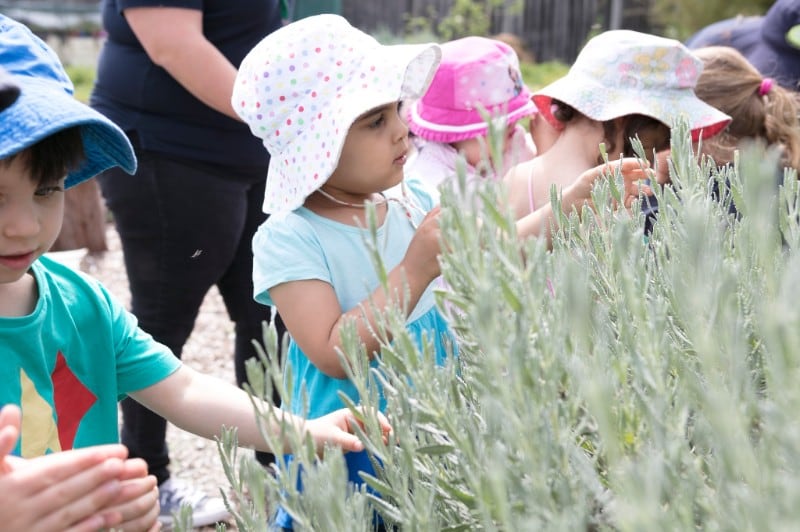
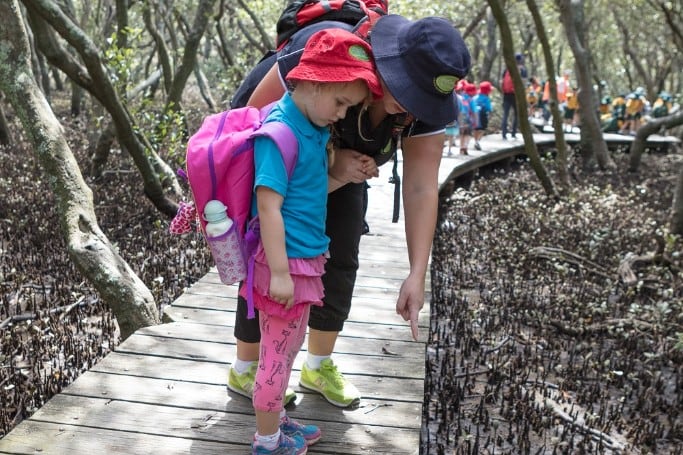
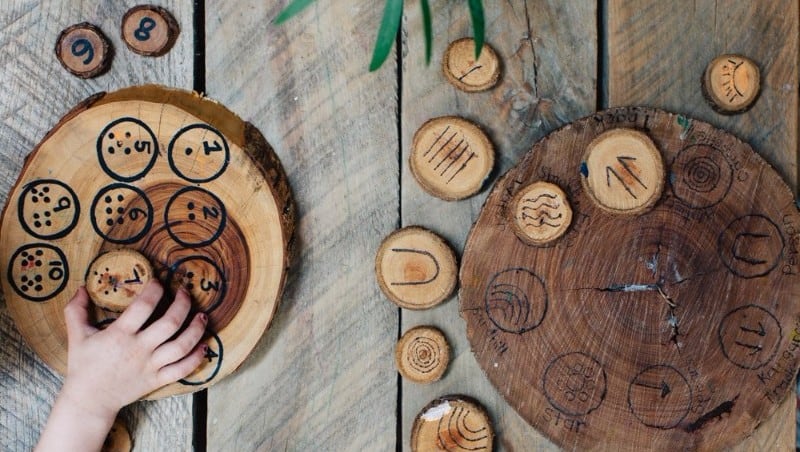
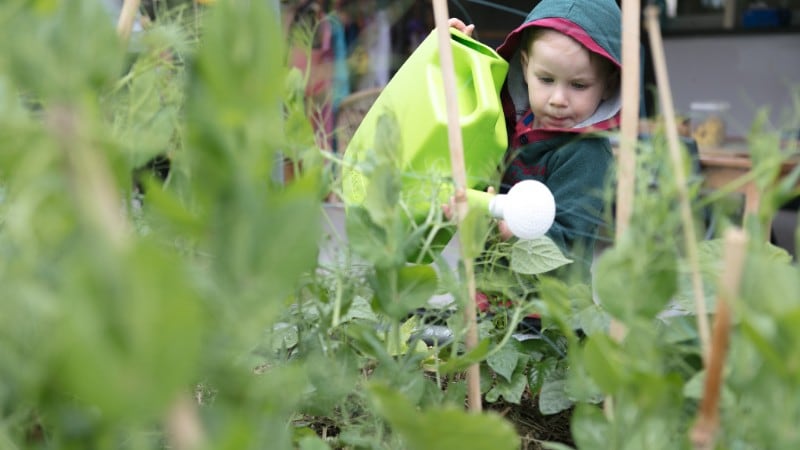
When looking for an Early Education Service for your child choose one where your child can engage with natural resources inside and outside the classroom, one that possibly takes children on excursions into the community and one that has a philosophy of sustainability.
Our world is amazing, there is so much to share with children about our world, let’s allow children to experience all it has to offer.
Louv, Richard. Last Child In The Woods: Saving Our Children From Nature-deficit Disorder. Chapel Hill, NC : Algonquin Books Of Chapel Hill, 2005. Print.
Author: Su Garrett, Explore & Develop Annandale